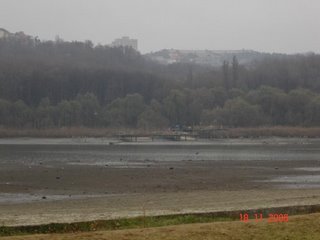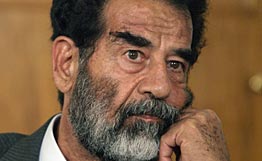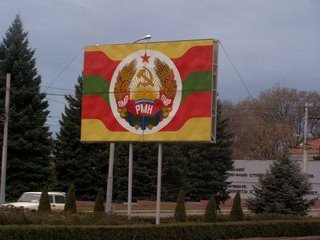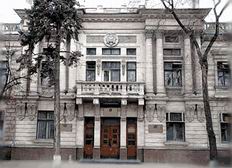I had to prepare an essay on this theme. So here it is.
I was thinking about the main differences of the Moldavian legislation and the American one, about the mechanisms that rule these countries, about the historical evolution and so on. So, I just found some differences which can explain the position of Moldova, and its internal processes.
First of all, these legislations can’t be compared, because of the lack of democratically history and basis, in the legislation of the Republic of Moldova. Also the corruption represents a distinguished element of the bad developed countries (this element slows down the development, political, economical, juridical…). In the United States, people are afraid to take bribes. But in Moldova, every public functionary doesn’t move without taking bribes. They are not interested in detecting the corruption. Even the professors and teachers, are got used to take bribes. And a considerable percent of them intentionally try to make the students to give the bribes.
Another negative side of Moldavian government is the Transdiestrian problem. The United States doesn’t have such a problem. There exists a certain order. And I don’t think that someday a state would like to get separated.
There’s another difference of the Parliaments. The United States have only to parties: the Republican Party and the Democratic Party, which actually have almost the same political orientation. In Moldova, the Parliament consists of a lot of parties, and each of them wants to lead in his own way, which will serve their own purposes. The two partied Parliament in the United States creates certain equilibrium in the government of the country.
I would also like to comment the elective systems. It’s from the Al Gore verses Bush case. I don’t consider the American elective system efficient and objective. And, in my opinion, thousands of votes are not taking into consideration in such a way. And probably Gore would win, if the votes were counted all together.
“Clinton verses Jones” case:
“She alleges that Ferguson persuaded her to leave her desk and to visit the Governor in a business suite at the hotel, where he made “abhorrent” sexual advances that she vehemently rejected.”- This situation, for example, even if could happen in Moldova, no one would ever find out about it. The president would do everything possible to keep this woman silent. This woman wouldn’t be brave enough to go the police officer, and accuse the president. I have never heard about cases of sexual harassment in our country. Even though I’m sure they happened anyway. It’s just that the notion of “sexual harassment” is a sort of a new one, for European and American society, but not in Moldova. Women are afraid to declare it, because they think it’s a shame. They just don’t want to fight for their rights.
“Youngstown Sheet and Tube co. verses Sawyer”
I’ve chosen this case, because I wanted to show the differences of the responsibilities, of duties and their place in the governing of the country of the American president at that moment, and the Moldavian president now. So, here are some of the phrases that I would like to comment.
“…whether the President was acting within his constitutional power when he issued an order directing the Secretary of Commerce to take possession…” – well, in the Moldavian constitution there’s the third title, which stipulates clearly the duties of the president. But the constitution of United States consists of 30 amendments, which definitely can’t explain everything.
“… Acting within the aggregate of the Commander in Chief of the Armed Force…” – our president won’t be the Commander in Chief, because it’s just not his duty. I consider in this situation the Parliament will take act.
“… the constitution limits his functions in the lawmaking process to the recommending of laws he thinks wise and the vetoing of laws he thinks bad…” – from these words I understand that the constitution of United States, normally limits the activity of the president, just to a sort of legislative duties. He has to follow the process of adopting laws. The Moldavian president has also a legislative duty, in a way. When the law is adopted by the Parliament, the President should put his signature on it, or send it back to the Parliament, to revise it.
The institution of a president is considered to belong to the executive branch. As Moldova is a parliamentary republic, the duties of the president are very limited. He just has the representative role on the international arena. I don’t think that in case of a war, our president will be the commander in Chief of the Armed Forces. Our president can make orders, but they are often purely individual orders. He can’t adopt laws, and he is totally under the control and the domination of the Parliament. So, the Executive Order 10340, would never happen in the Republic of Moldova.






